Best movies like Verdi: Aida (Teatro di San Carlo)
A unique, carefully handpicked, selection of the best movies like Verdi: Aida (Teatro di San Carlo) Starring Carlo Striuli, Fiorenza Cedolins, Giacomo Prestia, Angelo Casertano, and more. If you liked Verdi: Aida (Teatro di San Carlo) then you may also like: Giuseppe Verdi, Quartet, Aida, Anthony Adverse, The Great Caruso and many more popular movies featured on this list. You can further filter the list even more or get a random selection from the list of similar movies, to make your selection even easier.
Giuseppe Verdi's opera Aida
You may filter the list of movies on this page for a more refined, personalized selection of movies.
Still not sure what to watch click the recommend buttun below to get a movie recommendation selected from all the movies on this list
Quartet
Cissy, Reggie, and Wilf are in a home for retired musicians. Every year, there is a concert to celebrate Composer Giuseppe Verdi's birthday and they take part. Jean, who used to be married to Reggie, arrives at the home and disrupts their equilibrium. She still acts like a diva, but she refuses to sing. Still, the show must go on, and it does.
Anthony Adverse
Based on the novel by Hervey Allen, this expansive drama follows the many adventures of the eponymous hero, Anthony Adverse. Abandoned at a convent by his heartless nobleman father, Don Luis, Anthony is later mentored by his kind grandfather, John Bonnyfeather, and falls for the beautiful Angela Giuseppe. When circumstances separate Anthony and Angela and he embarks on a long journey, he must find his way back to her, no matter what the cost.
The Great Caruso
Loosely traces the life of tenor Enrico Caruso (1873-1921). He loves Musetta, in his home town of Naples, and then Dorothy, the daughter of one of the Metropolitan Opera's patrons. Caruso is unacceptable to both women's fathers: to one, because he sings; to Dorothy's, because he is a peasant. To New York patricians, Caruso is short, barrel chested, loud, emotional, unrefined. Their appreciation comes slowly. The film depicts Caruso's lament that "the man does not have the voice, the voice has the man": he cannot be places he wants to be, because he must be elsewhere singing, including the day his mother dies. Throughout, Mario Lanza and stars from the Met sing.
Hymn of the Nations
Hymn of the Nations, originally titled Arturo Toscanini: Hymn of the Nations, is a 1944 film directed by Alexander Hammid, which features the "Inno delle nazioni," a patriotic work for tenor soloist, chorus, and orchestra, composed by Italian opera composer Giuseppe Verdi in the early 1860s. (For this musical work, Verdi utilized the national anthems of several European nations.) In December 1943, Arturo Toscanini filmed a performance of this music for inclusion in an Office of War Information documentary about the role of Italian-Americans in aiding the Allies during World War II. Toscanini added a bridge passage to include arrangements of "The Star-Spangled Banner" for the United States and "The Internationale" for the Soviet Union and the Italian partisans. Joining Toscanini in the filmed performance in NBC Studio 8-H, were tenor Jan Peerce, the Westminster Choir, and the NBC Symphony Orchestra. The film also included the overture to Verdi's opera La Forza del Destino.
Song of Freedom
John Zinga, a descendent of slaves, has an ancient medallion around his neck and a fragment of song passed down generations. He is an English dockworker with a magnificent voice and a yearning to learn his roots.
Chevalier
The illegitimate son of an African slave and a French plantation owner, Bologne rises to improbable heights in French society as a celebrated violinist-composer and fencer, complete with an ill-fated love affair and a falling out with Marie Antoinette and her court. Inspired by the incredible true story of composer Joseph Bologne, Chevalier de Saint-Georges.
Slave Girls from Beyond Infinity
Lovely and resourceful Daria and Tisa escape a space gulag only to crash land on a nearby world where a guy in tight pants named Zed is playing The Most Dangerous Game. Zed turns the girls and another guest loose in his jungle preserve to serve as the prey in a mad hunt. Armed only with knives and their wits, the girls must battle their way across the jungle to a hidden arms cache before Zed catches and kills them.
Un Ballo in Maschera
Verdi's opera performed by the Metropolitan Opera Orchestra and Chorus, conducted by James Levine.
Drums of Africa
David Moore is in East Africa to get to his employer's railway construction site. He's accompanied by the owner's son Brian and they've lined up Jack Cuortemayn, reputedly the best guide available, to take them there. Cuortemayn refuses as he doesn't care for the impact the railroad will have on the local inhabitants. While Moore tries to make other arrangements, he meets Ruth Knight who has lived there for many years working with her father in a medical clinic. There will be adventures along the way but when Ruth is captured by slave traders, it's up to the others to rescue her.
Gladiator of Rome
A warrior protecting a slave girl, who is really a princess, winds up as a gladiator in the Roman arenas.
The Life of Giuseppe Verdi
The great Italian opera composer recalls his eventful life on his deathbed: his childhood in Busseto, his studies in Milan, his first opera "Oberto, conte di San Bonifacio", the death of his wife and his children killed by smallpox.
La forza del destino
Film version of the Verdi opera about lovers on the run after the accidental death of the girl's father.
La Traviata
A collaboration between award-winning American filmmaker Sofia Coppola and Italia haute couture king Valentino comes in the form of a revival of Giuseppe Verdi's classic opera, La Traviata. Captured live from the Teatro dell'Opera di Roma.
Verdi: La Traviata
Live from La Scala Saturday 07 July 2007. In this live performance of Giuseppe Verdi's opera, Violetta, a courtesan much wooed by Parisian society, organises a grand party that is attended, amongst others, by the young Alfredo Germont. He confesses his feelings to Violetta, who is already suffering from consumption. She vacillates between genuine affection and a realistic assessment of her situation as a "fallen woman", which precludes any lasting relationship with a man.
Manon Lescaut
"Manon", wrote Puccini to his publisher Giulio Ricordi in 1889, "is a heroine I believe in and therefore she cannot fail to win the heart of the public." This turned out to be a truly prophetic statement since none of Puccinis other world successes were received on their first nights as rapturously as Manon Lescaut. The popularity of Puccinis great masterpiece has never waned and the highly acclaimed Götz Friedrich production at Covent Garden was hailed as an operatic milestone. Two of the worlds leading stars--Kiri Te Kanawa and Placido Domingo--head a strong cast conducted by the brilliant Italian conductor Giuseppe Sinopoli.
Aida - San Francisco Opera
tt0255782. Aida (1981) San Francisco. Verdi / Italian. An Egyptian military commander, Radamès, struggles to choose between his love for the enslaved Ethiopian princess Aida, and his loyalty to the Pharaoh. To complicate the story further, the Pharaoh's daughter Amneris is in love with Radamès, although he does not return her feelings.
La Traviata
La traviata (Italian: [la traˈviaːta], "The Fallen Woman"[1][2]) is an opera in three acts by Giuseppe Verdi set to an Italian libretto by Francesco Maria Piave. It is based on La dame aux Camélias (1852), a play adapted from the novel by Alexandre Dumas, fils. The opera was originally entitled Violetta, after the main character. It was first performed on 6 March 1853 at the La Fenice opera house in Venice. Piave and Verdi wanted to follow Dumas in giving the opera a contemporary setting, but the authorities at La Fenice insisted that it be set in the past, "c. 1700". It was not until the 1880s that the composer and librettist's original wishes were carried out and "realistic" productions were staged.[3]
Verdi: Aida
Early recordings of Franco Zeffirelli's 2006 production of Verdi's opera which saw Roberto Alagna's high-profile exit during the second performance. Egypt and Ethiopia are at war. Radames is appointed commander of the Egyptian forces by the King, whose daughter, Amneris, loves Radames. It is in fact Amneris' Ethiopian slave Aida whom Radames loves. Ramades wins the war against the Ethiopians, capturing Aida's father Amonasro in the process. On his return to Egypt he faces a choice between marrying Amneris or betraying his country through his love for Aida.
Nabucco
Live performance at Teatro Carlo Felice di Genova, June 2004. Original stage production by Operhaus Zurich. DVD: Dynamic, live recording Cat: 33465. Nabucco (short for Nabucodonosor, English Nebuchadnezzar) is an opera in four acts by Giuseppe Verdi to an Italian libretto by Temistocle Solera, based on the Biblical story and the 1836 play by Auguste Anicet-Bourgeois and Francis Cornue. It is VerdiÕs third opera and the one which is considered to have permanently established his reputation as a composer. Nabucco follows the plight of the Jews as they are assaulted, conquered, and subsequently exiled from their homeland by the Babylonian King Nabucco (in English, Nebuchadnezzar). The historical events are used as background for a romantic and political plot.
Verdi: La Forza del Destino
Taped live at the Mariinsky Theater in St. Petersburg, Valery Gergiev conducts this landmark production of Giuseppe Verdi's operatic masterpiece. This opera premiered at the Mariinsky Theatre in 1862, and is performed here in its original St. Petersburg version using reconstructions of the magnificent painted scenery.
Jérusalem
Jérusalem is a grand opera in four acts by Giuseppe Verdi. The libretto was to be an adaptation and partial translation of the composer's original 1843 Italian opera, I Lombardi alla prima crociata. It was the one opera which he regarded as the most suitable for being translated into French. Live from the Teatro Carlo Felice di Genova, November 2000.
Don Carlo - ROH
Rolando Villazón Triumphantly Returns To The Stage As Don Carlo In The 2007/2008 Royal Opera House'S Producton Of Don Carlo. National Theatre director Nicholas Hytner's new staging of Verdi's grandest-- and arguably greatest -- opera, Don Carlo, was the highlight of the 2007/2008 Royal Opera House season. This new production marked Rolando Villazón's much anticipated and triumphant return. Set amidst the political, religious and sexual intrigue of the 16th century Spanish court, this epic work tells the tragic story of Don Carlo, a virtuous young prince who is pitted against the powers of a dominant, corrupt society. First staged at The Royal Opera House in 1886, this new production is the first new version of the 5-Act complete opera to be staged at Covent Garden in 50 years. With sets and costumes by Bob Crowley, direction by Nicholas Hytner, and an enviable cast, this production of Don Carlo is worthy of the greatness of Verdi's original, masterful work.
Verdi: I Due Foscari
n his 'new life' as a baritone, Placido Domingo has triumphed in the role of Francesco Foscari in Los Angeles, London and Vienna. Now he takes to the role to La Scala, Milan, the theatre that is the symbol of Italian opera. I due Foscari, premiered in 1844, famously one of Verdi's darkest operas, is staged by Alvis Hermanis, who made such an impact at the Salzburg Festival with "Die Soldaten" and "Il trovatore". Domingo is joined by two of Italy's most exciting singers, the soprano Anna Pirozzi and the tenor Francesco Meli, and the acclaimed Italian conductor Michele Mariotti. The Financial Times was deeply moved by Domingo's performance, calling his interpretation of the role "sublime".
Rossini: Guillaume Tell
The hero of this admirably complete August 2013 Guillaume Tell from Pesaro is homegrown maestro Michele Mariotti. The inimitable overture is (mercifully) unstaged and terrifically played, with splendid cello and flute solos: the fine standard never flags. Rossini’s extraordinary 1829 score audibly presages Meyerbeer, Berlioz, Glinka, Verdi and Wagner, among many others. Graham Vick’s direction privileges class conflict, with a clenched fist on the red-and-white forecurtain. The Edwardian costumes place Austrians in white evening garb; the black-clad Swiss polish the floor while the rulers savor a filming (much of that to follow) — the fisherman Ruodi, in a boat with a blonde and fake scenery, with Tell and his family providing tech support. Vick deploys geographical and historical kitsch liberally but not (always) pointlessly. Ron Howell’s pretentious, mannered choreography, however, beggars belief.
Aida
La Scala went all out for its 1986 production of this grandest of grand operas, with a strong cast and, most important for a video recording, a larger-than-life staging. The Triumph Scene in Act II is by no means Aida's only attraction, but it is the part that makes the strongest and most lasting impression and it is the visual and musical climax of this production. Stage director Luca Ronconi brings on a procession to dwarf all processions: looted treasures, heroic statuary, miserable captives struggling under the lash of whip-bearing slave drivers. On par with these visuals is Lorin Maazel's first-class performance of the popular Grand March with the outstanding La Scala chorus and orchestra. In Act III, the contrasting tranquility of the Nile Scene also gets a visual treatment to match the music's qualities.
The ROH Live: Il trovatore
The first revival of David Bösch’s new production for The Royal Opera, with two casts including Maria Agresta, Lianna Haroutounian and Anita Rachvelishvili.

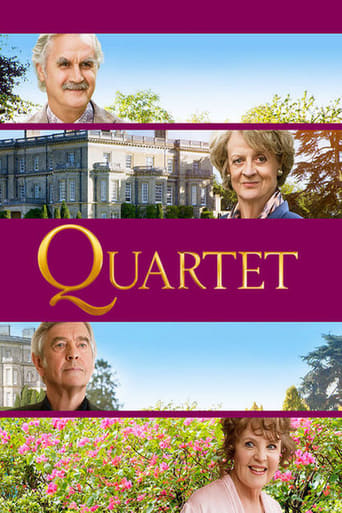
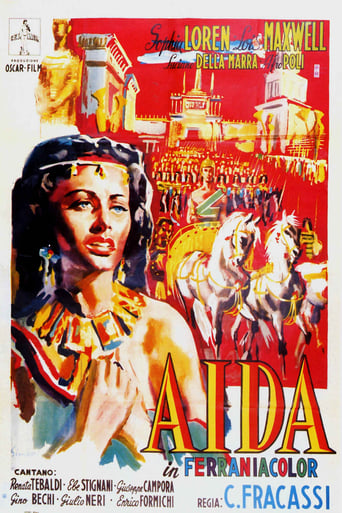



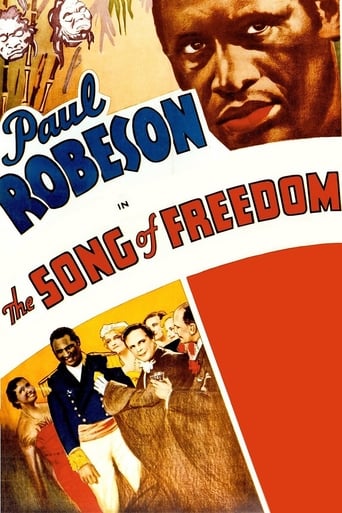
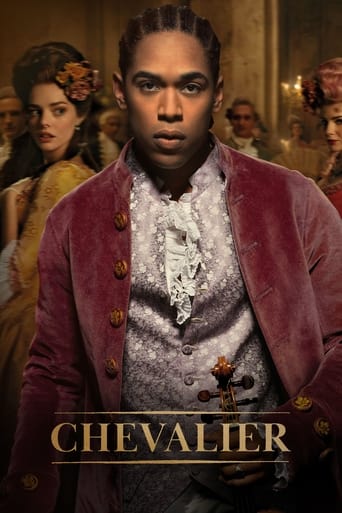



























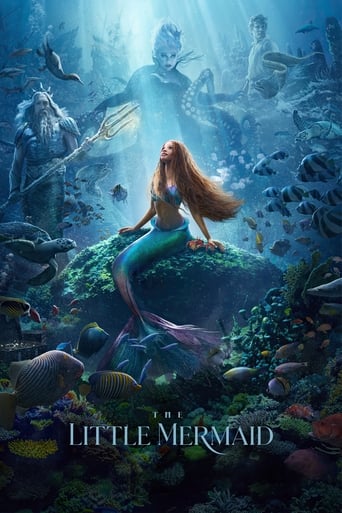
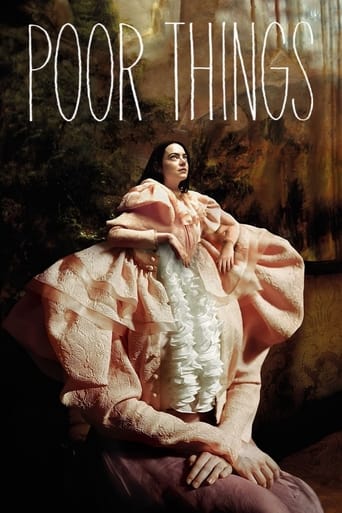


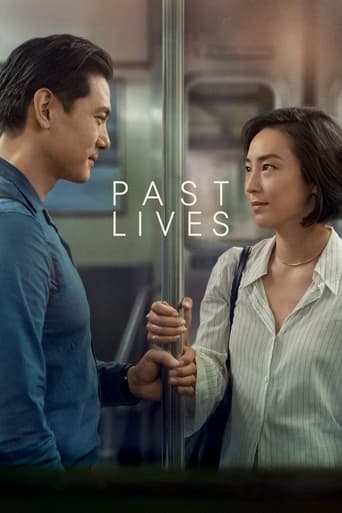
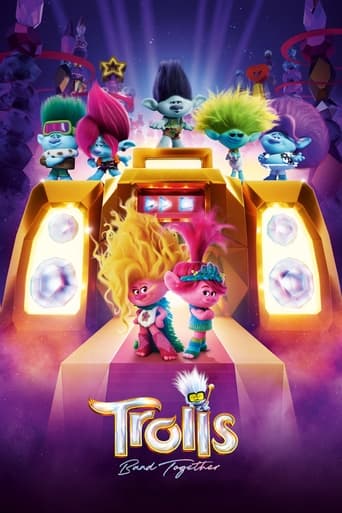
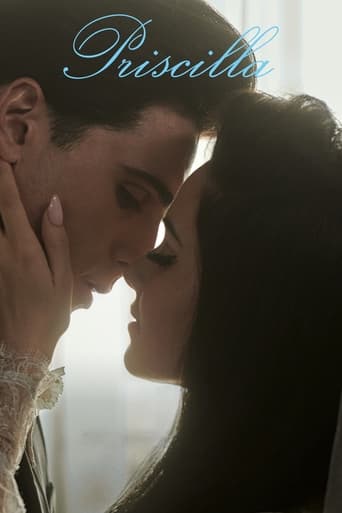
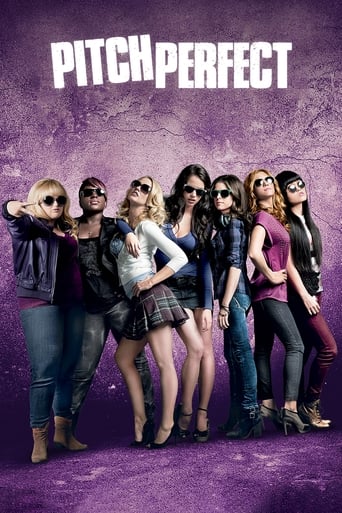
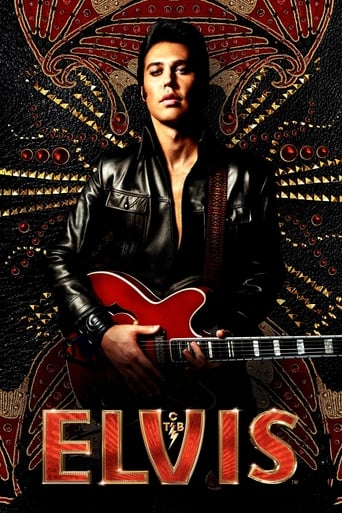
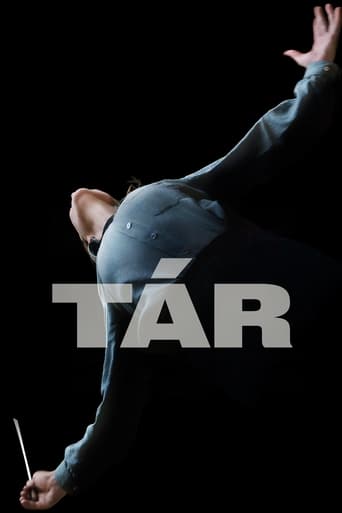
Giuseppe Verdi
The life and loves of great composer Giuseppe Verdi are played against a background of the great operas of the 19th Century. A tender love story of his successful and turbulent life, with more than 20 excerpts from his acclaimed operas.